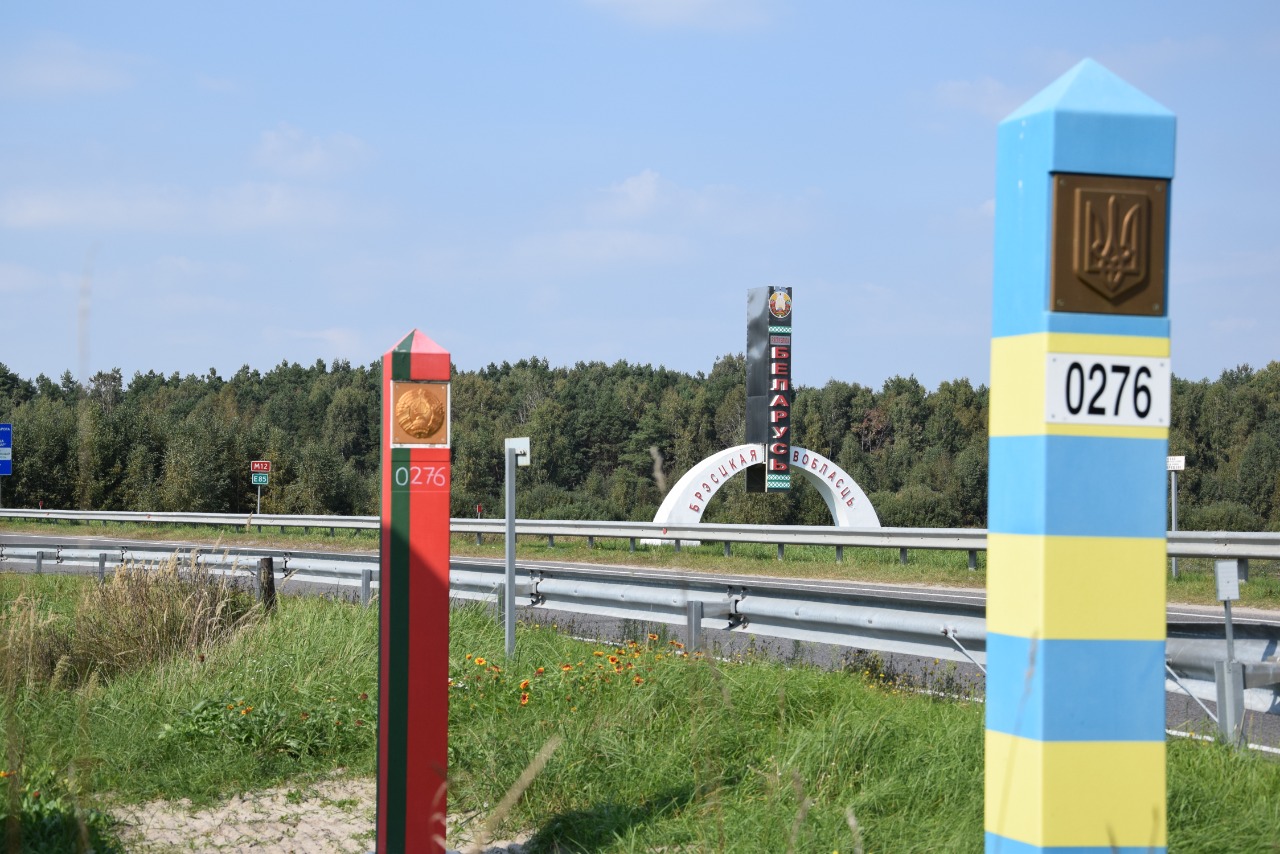Minsk abandons its longstanding positioning as “a regional security donor”
 The situation got worse
The situation got worse

Most recent Lukashenka’s statements have marked the end of the Belarusian foreign policy strategy pivoting around the concept of Belarus being a “regional security donor”, that is, not creating threats to neighbouring states.
On November 29, at a governmental security meeting, Lukashenka made statements that would be regarded as threats by the neighbouring states. Concerning Ukraine, he said that if a new round of the Russo-Ukrainian war occurs, (the responsibility for which Lukashenka laid down on Kyiv in advance), his regime would support the Kremlin. Simultaneously, he designated Belarus’ neighbouring European states as enemies. It would be wrong to regard his statements as mere performance.
Taking into account that he made such statements at a state security meeting, we are observing a new political setting for the power bloc leadership. Further, on November 30, during an interview with a leading Kremlin propagandist, Lukashenka announced his readiness to ask Russia to deploy nuclear weapons in Belarus (albeit under certain conditions).
It is worth recalling that during previous tension in relations with the West, Minsk’s appeal was not to create problems for the West. Over the past 20 years, Belarusian diplomacy promoted Belarus as a donor of regional stability and security. Minsk proposed to create a nuclear-weapon-free zone in European post-socialist states. Earlier, when speaking to the Army command, Lukashenka stated that the most important task of the Belarusian foreign policy was to prevent the country from being drawn into the Russo-Ukrainian war “no matter how the situation develops.”
Whilst the EU and the US expressed their “deep concerns” in the summer of 2014, Belarus and Romania were the first states to provide real support to Kyiv to defend against Russian aggression. After the collapse of the Treaty on the Elimination of Intermediate-Range and Shorter-Range Missiles in 2019, Lukashenka proposed that other states in the region refused to deploy such weapons. Despite its anti-Western and anti-NATO statements, the Belarusian regime strictly followed its foreign policy line, which could be described as “zero security problems with neighbours”.
Hence, the Lukashenka regime has abandoned the previous foreign policy strategy in the field of regional security and demonstrated readiness for a confrontation scenario on a political level. In addition to political statements and demonstrative actions, practical steps are likely to follow. This will not bring any positive results for Minsk, however, would worsen the security situation in Eastern Europe.
Subscribe to our newsletter




Situation in Belarus
Constitutional referendum: main consequences


 Video
Video
How to count the political prisoners: are the new criteria needed?


 Video
Video
Paternalism In Decline, Belarusian Euroscepticism, And The Influence Of Russia


 Video
Video












